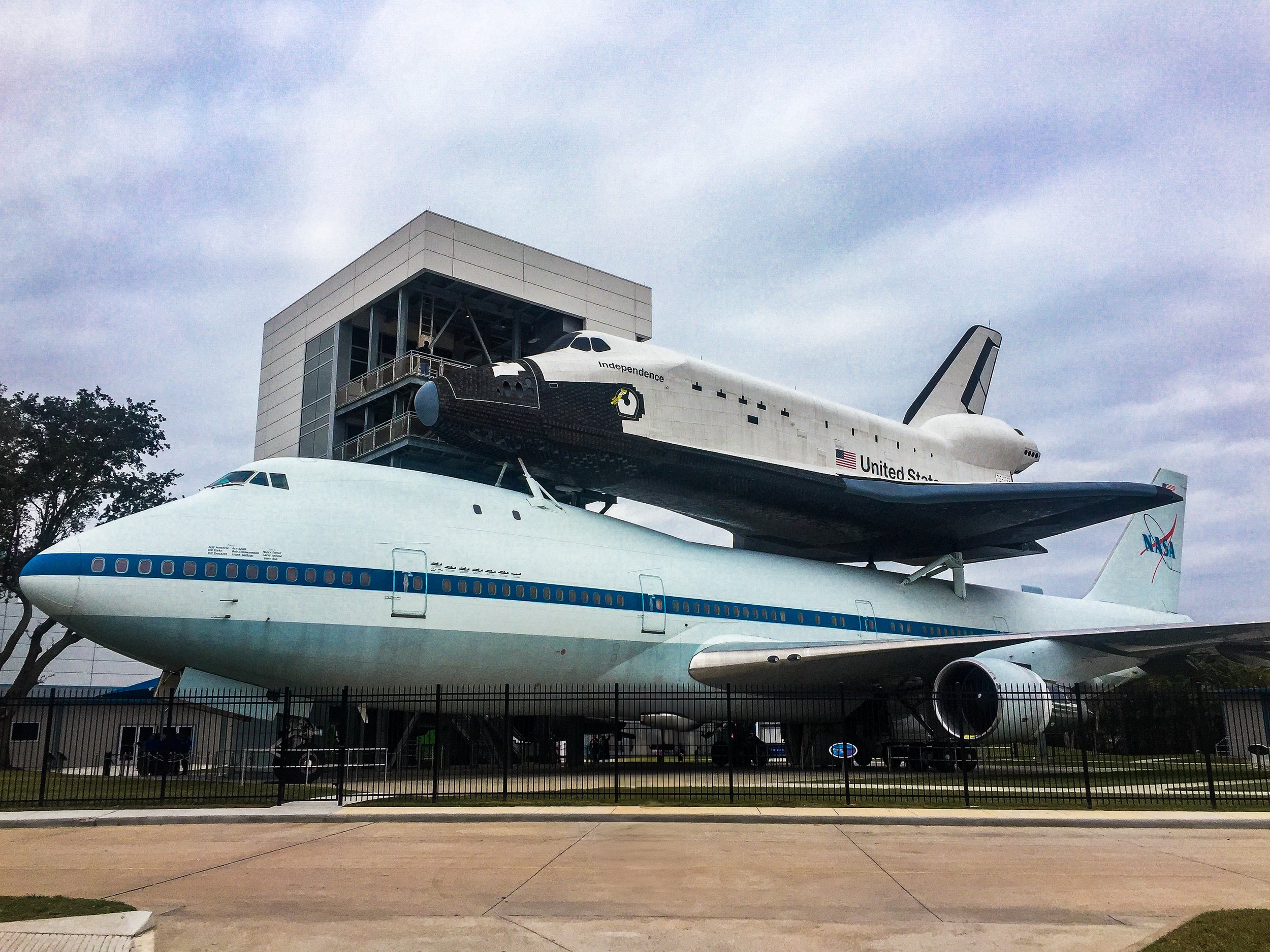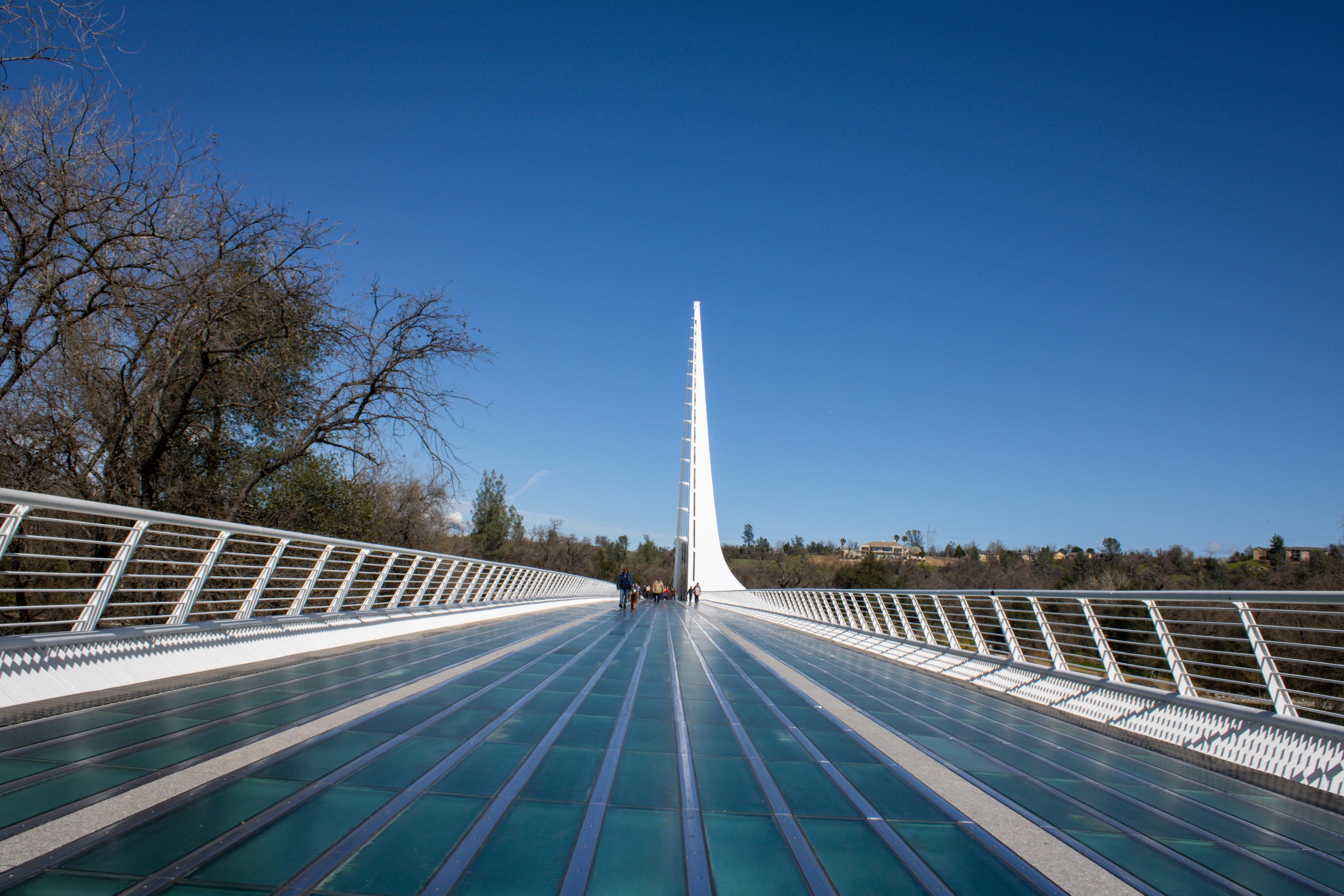Rocket Ride
Ricky wasn't really interested. He just wanted to play baseball. This was going to cost him the whole weekend, and there was definitely no baseball in space.
It was his school’s turn to go up to orbit. Part of a new federal program, all public schools were sending their 8th grade classes on a NASA space shuttle for a few hours, to "see the Earth as it really was." It started last year, and Ricky had been disinterested since the announcement by Congress. He had never really been into politics.
But although he had pleaded with his mother, she had insisted he go, that it would be a once-in-a-lifetime opportunity to experience something most never would. All his paperwork filled out and signed, there was no more arguing—he was going.
"Everyone please take your seats and strap in. NASA staff will come around and ensure you're buckled in properly and securely," Mr. Sorenson called out. Ricky was glad he was accompanying them. Although he wasn't really into science, Mr. Sorenson was his favorite teacher. He was always nice to Ricky, and he did a pretty good job of making science cool, or at least not boring.
It seemed forever for all the checks and preparations to be completed. Many of his classmates were chatting away excitedly, wondering how the “rocket ride” would go, what zero gravity would feel like. A feeling of anxiousness permeated the room. This was a first-time experience for everyone, Mr. Sorenson and the other chaperones included. Only the NASA staff on board had any understanding of what was to come.
The countdown started. Ricky began to feel really nervous. “Nineteen, eighteen, seventeen, sixteen..." He couldn't believe this was actually happening. His heart started racing. "Four, three, two, one, ignition!" An incredible noise filled his eardrums. The space shuttle began shaking violently, and as he and his classmates were pressed hard against the backs of their seats, he could feel them rising upward in the sky.
"Just keep calm everyone, we'll be up in the atmosphere in less than 4 minutes," the shuttle commander called out. All around him, kids were yelling and screaming, NASA staff and chaperones doing their best to quell their fear. Ricky closed his eyes and tried to block out all the chaos.
Before he knew it, he felt a queasy stomach sensation as the shuttle leveled out. NASA staff began unstrapping, and were floating, actually floating. They maneuvered to each passenger, unbuckling their seatbelts and herding them to windows. A stern looking woman unbuckled Ricky and asked him if he was alright. "Yea I think so," he mumbled. She nodded, unsmiling, and gently but firmly guided his wrist to the nearest window before tethering him to the railing.
It was here, in that first moment of looking out, that changed Ricky's life. He was transfixed with the vast Earth stretched out before him, a giant, glowing surface, more brilliant blue than he could imagine. There was an enormous weight to what he was viewing, this magnificent sphere occupying his whole field of vision. Thousands of miles below, he could see pure white swirls of cloud and the outline of a continent.
"That's Asia, can you see the steppes of China and Mongolia?" Mr. Sorenson asked him. Ricky hadn’t noticed him, being so enraptured with the view. "It looks so... beautiful,” Ricky commented softly. He felt lame using that word—beautiful? But that was all he could muster. He couldn't describe how he felt, the emotions he was feeling.
"I know what you mean… I agree,” Mr. Sorenson replied. “It’s the most beautiful thing I've ever seen. I can't believe we live on such a miracle." They floated there silently, noses and finger tips pressed to the glass, hardly aware of anything else around them.
"Notice there are no lines down there," one of the NASA staff was saying. "We're looking down on one planet, the only one we've got. This is the only known place in the universe to have oxygen, to have an atmosphere and ecosystem capable of sustaining life. It's all we've got. We need to take care of it."
Ricky couldn't believe how he felt. He could barely process everything. This was it. This was his planet. This was his home. He felt an overwhelming sense of gratitude for the Earth, for all the people on it, for all the people he knew. He would never forget this. He was part of a miracle, and he had no choice now but to treasure it.






























